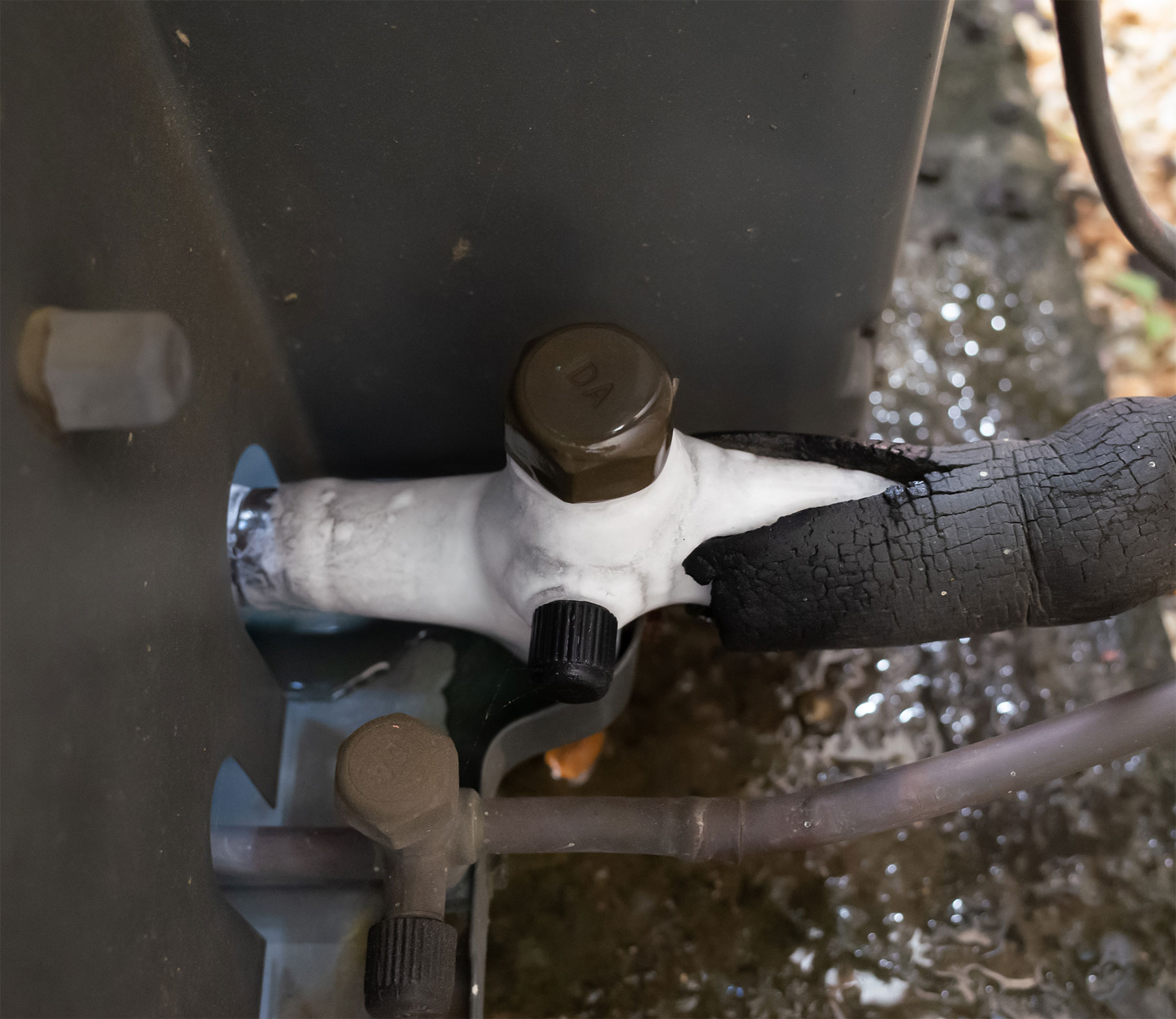
How Can My AC Freeze When It’s Hot Outside?
Although it sounds illogical, it’s fairly common for an AC to freeze up just when you need it most—in the heat of mid-summer.
Your air conditioner cools your home by transferring heat. Normally, the refrigerant coil is constantly removing (absorbing) warm air from inside the home into the evaporator coil that’s filled with refrigerant. Then the coil releases its just-absorbed heat outdoors and cycles back indoors to absorb more heat. But when a coil freeze occurs, something is off somewhere!
Causes of Air Conditioner Freeze Up
Here’s what could be causing your air conditioner coil to freeze:
- Low airflow problem:If warm indoor air is not being blown over the evaporator coil, heat is not being absorbed. Normally, as it absorbs heat and gets warmer, the refrigerant molecules inside the coil contract. However, in this case, the refrigerant in the coil won’t warm up—because it has no heat to absorb. The coil will keep getting cooler (and keep expanding) on each cycle of the AC—and eventually freeze.
- Low refrigerant pressure: If there is a leak in the AC system, you have less refrigerant inside the coil, but the coil stays the same size, of course. So less refrigerant has more room to expand (to get colder). When it gets to low enough temperature, ice forms on the coil and you have a freeze.
- Mechanical malfunction: Problems like a fan slowing down, (perhaps because it’s broken or bent, and is striking another piece of equipment) or a blocked refrigerant coil (with a dent in it, perhaps) can cause a freeze. It’s due to pressure changes in the refrigerant coil, which change the warm airflow and/or the refrigerant amount in the coil—and you get a freeze-up.
- Maybe it’s not hot outside: If you happen to be running your AC when it’s near or below 60 degrees outside, the refrigerant keeps expanding more during each cooling cycle—and it does not absorb heat and contract (because there is no heat to absorb). So the refrigerant in the coil keeps on expanding and freezes.
When your air conditioner’s heat transfer process is disrupted by any of the above mishaps, the AC evaporator coil super-cools, and freezes solid. You’ll see moisture (condensation) on the coil as it freezes.
Tips to Troubleshoot an AC Coil Freeze
- Turn the cooling system off (at the thermostat).
- Replace the air filter in your HVAC system, to eliminate the possibility that a clogged, dirty filter is blocking airflow over the coil.
- Clean the coil, because dirt can cause an AC coil freeze.
- Check the room air registers and move any area rugs, curtains, or furniture that could potentially block the airflow.

https://gogocasino.one